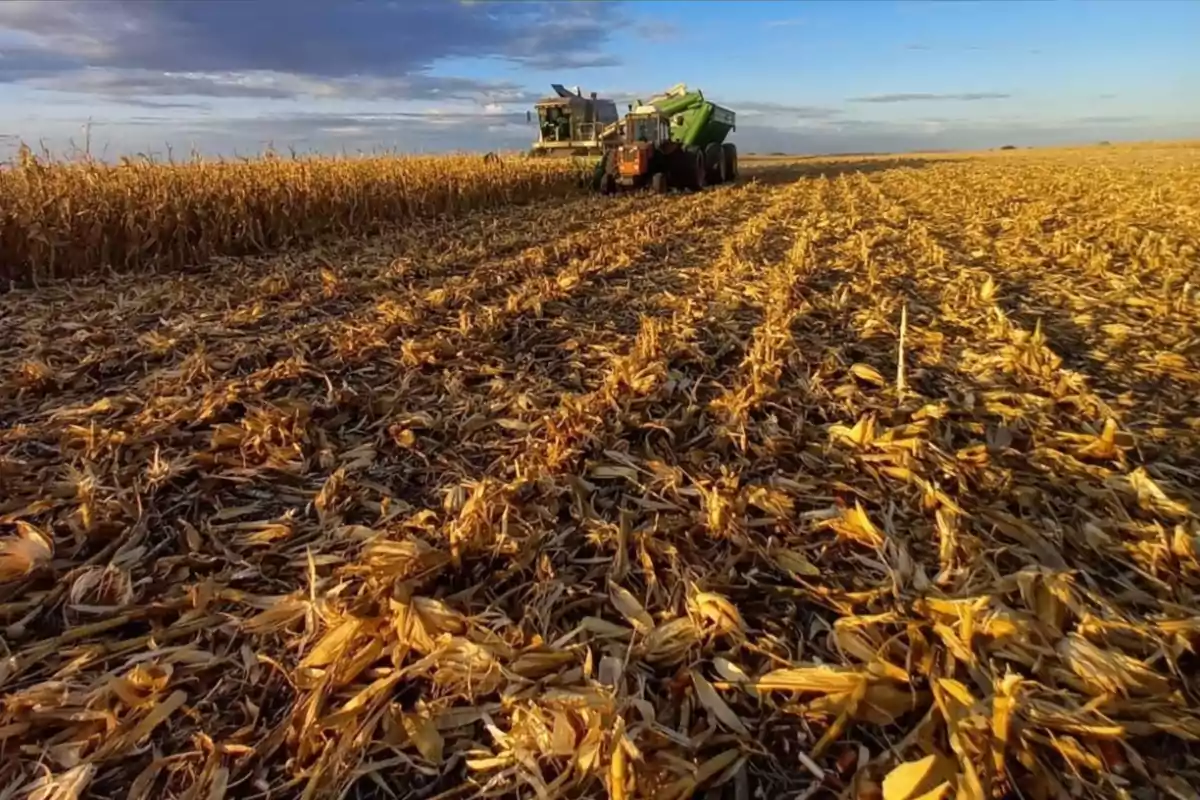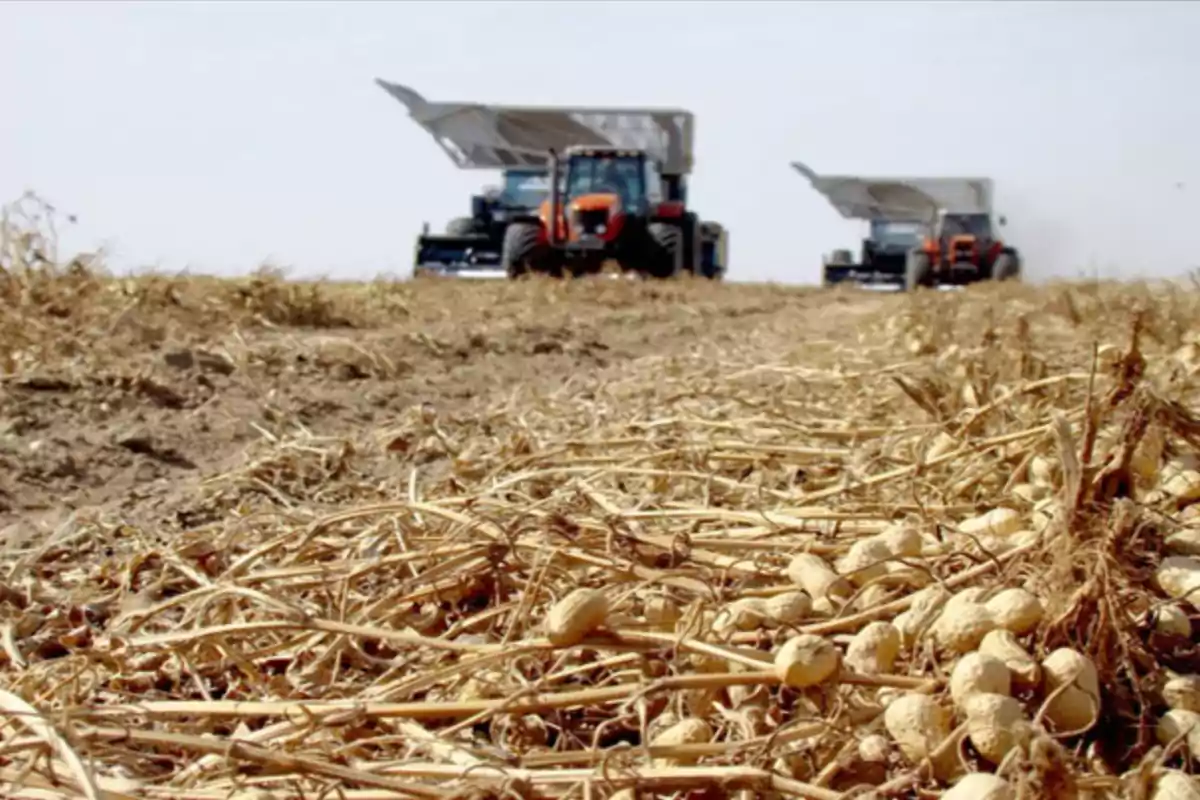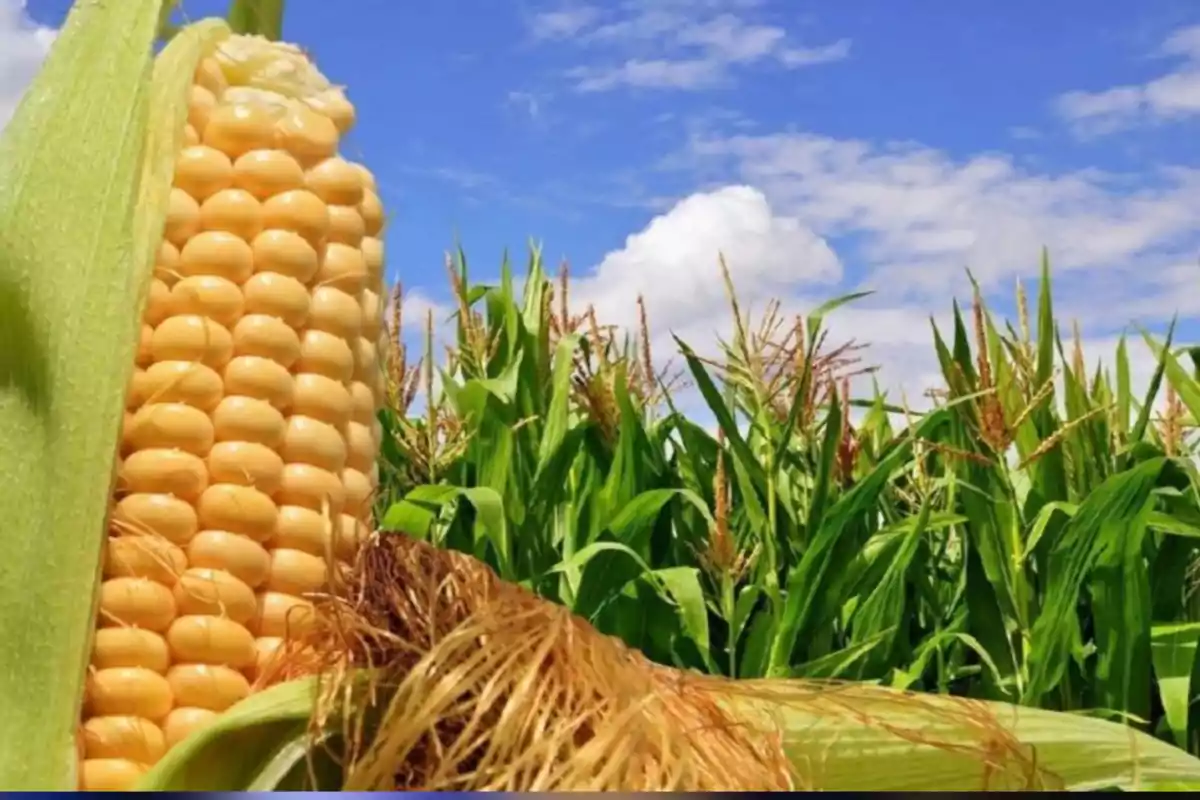
Agro-industrial exports grew by 6% in 2025, and Córdoba boosts performance.
Argentine external sales totaled US$28.2 billion between January and July. Córdoba's peanuts led the growth with a 47% increase
During the first seven months of 2025, Argentine agribusiness exports grew by 6% in volume compared to the same period in 2024. 65.5 million tons were shipped abroad, with a value of US$28.2 billion, according to official data. The agricultural sector confirms its role as a driver of foreign currency in a context of economic restrictions.
The soybean, corn, beef, wheat, sunflower, aquaculture, fishing, barley, dairy, peanut, and grape complexes accounted for 87% of the exported value. These sectors consolidate Argentina's leadership in the global supply of food and raw materials. China, India, and Brazil are listed as the main destinations, followed by Vietnam, Chile, and the United States.
More than half of external sales are concentrated in these strategic markets that value national production. This performance sustains employment, production, and activity in regional economies. Córdoba, with its peanuts, stands out as a key player in the expansion of foreign trade.

Córdoba and the momentum of the peanut complex
Peanut, Córdoba's flagship product, recorded a 47% increase in exported volume. The province reaffirms itself as the world's leading supplier and strengthens its position in a high-demand market. This leap confirms Córdoba's impact on Argentina's trade balance.
Wheat increased by 31%, while sunflower rose by 25%, and fishing showed a 7% recovery. Corn consolidated with a 3% rise, reaffirming its importance within the national agribusiness sector. These figures demonstrate the diversification and strength of Argentine agriculture in the face of global challenges.
In addition, exports of differentiated products such as instant coffee, concentrated yerba mate, chocolate confections, oregano, and yeast were added. These niches show innovation and added value, expanding Argentina's presence in non-traditional sectors.

Strategic weight of agriculture in the national economy
The export growth of the agricultural sector is key to sustaining reserves and ensuring foreign currency inflows. Agribusiness is the country's economic engine, with a direct impact on employment and productive regions. Córdoba, Santa Fe, and Buenos Aires are pillars of this structure that strengthens Argentina's competitiveness.
Advances in genetics, agronomic management, and value addition make it possible to expand markets and sustain international prices. In a world facing supply tensions and food security concerns, Argentina reinforces its position as a reliable supplier. The data project that 2025 will close with better performance than 2024.
With this growth, the agricultural sector consolidates its strategic weight in the Argentine economy. Córdoba, with its export profile, reaffirms that production and market opening are essential paths for development. The agricultural sector once again demonstrates that it is the backbone of the Nation.

More posts: